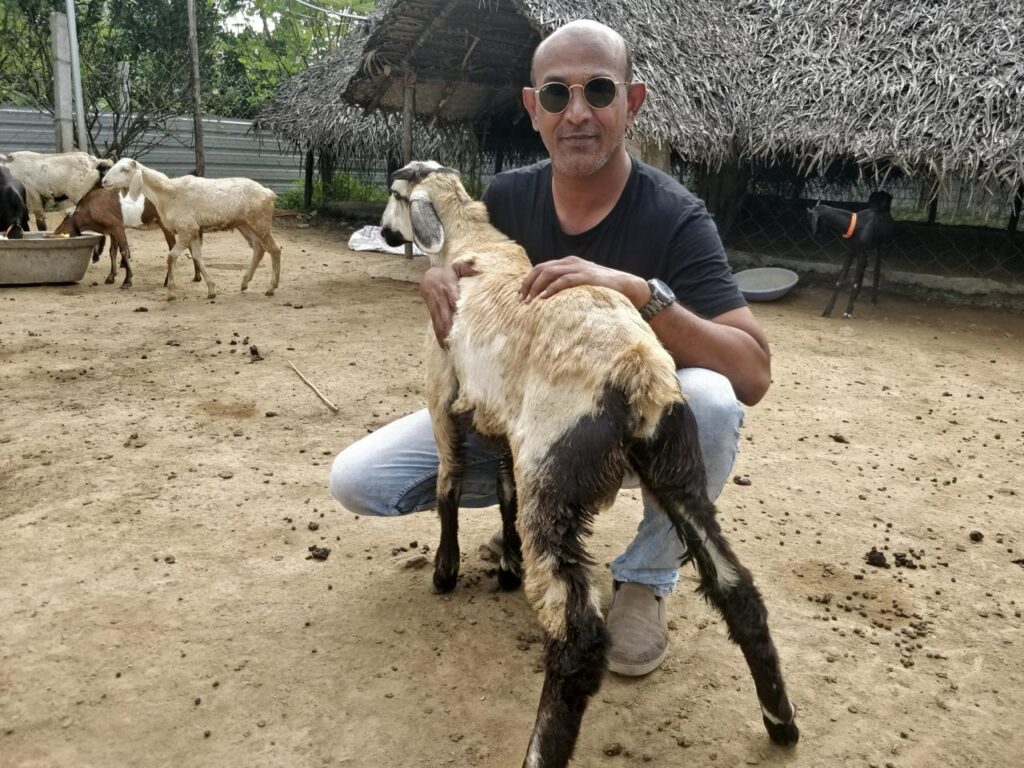Truth and reality of farming:
On the one hand, many YouTube channels paint organic farming as a very rosy, charming and lucrative proposition whereas the reality is the exact opposite. Farming is tough and organic farming is even tougher. On the other hand – Farming is inarguably one of the oldest activities known to humankind. Farming neither takes a break nor will come to an end. Therefore, getting into commercial farming may not be a bad idea as long as we are aware of the challenges that a newcomer has to contend with when getting into organic farming as a commercial enterprise.
Define yourself:
Before getting into farming, one would do well to define themselves as to what they wish to be – a Farmer or an Entrepreneur in the food production business. If you look around, you will see that farmers in India get a lot of blessings but make very little money. If you are going to be a farmer, stop reading further and start praying. If you plan to consider yourself an Entrepreneur, read on.
Fundamentals of commercial farming:
There can be no farming without farmland and water. Most traditional farmers don’t look beyond land, water, and basic infrastructure. Things beyond land and water are controlled by the middlemen, and that is where the money is. A farmer does not have the luxury of refusing to sell his /her produce even when the price is not fair or commensurate simply because he/she does not have the wherewithal to store the produce till it fetches a better price or take it directly to the end consumer who can offer the best value for the crop. The only way a farming enterprise can become commercially viable is when the farmer redefines himself/herself as an entrepreneur in the food production business and looks at the market and distribution logistics.
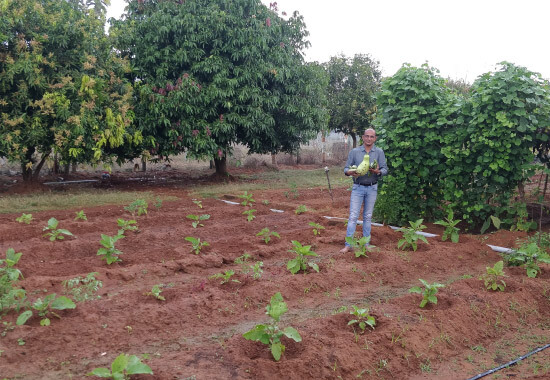
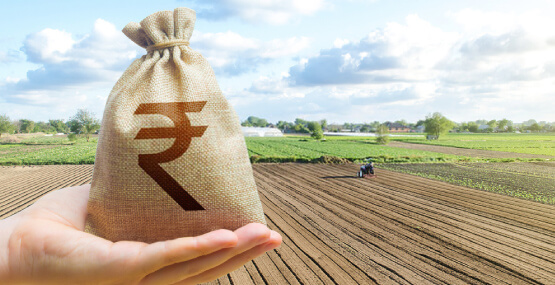
A new Farmer:
A new farmer is one who will define himself/herself as an Entrepreneur in the business of farming and will focus not only on Land, Water, and Basic infrastructure but also on Mechanization of operations, Storage facilities, Marketing & Sales, and Distribution logistics before getting into organic farming as a commercial activity. Insofar as farming as a commercial enterprise is concerned, the difference between success and failure lies in the ability to bypass middlemen and deliver directly to the end consumer. A new Farmer will look at the end consumer and design his farming activities to fulfill the end consumer’s needs, bypassing all middlemen. Fortunately, today technology and social media can help a farmer reach out to and transact directly with his/her potential customers
How you farm:
How you farm will determine the success or failure of your Commercial Farming venture. For instance, by using Drones in farming activities, 1. You can monitor the health of your crops better by taking a bird’s eye view of your crops, and 2. Spray fertilizers and pesticides more efficiently and cost-effectively. The above is just one example of how technology can be harnessed to improve efficiency and effectiveness in farming.
There is an increased awareness amongst the general populace about the health benefits of organic food, and therefore are willing to pay a better price for organic food. By opting for integrated farming systems, you can vastly reduce your organic farm’s input costs. By opting for organic farming methods, you can secure a better price for your organic food products.
To help newcomers to organic farming, Paalaar Urban Farms offer water, irrigation systems, agricultural machinery, and storage facilities on the operations side, thereby substantially bringing down the initial investment of those wanting to get into organic farming as a commercial activity. By offering to deliver the farm produce directly to consumers, Paalaar Urban Farms will help startups get the best price for their farm produce and increase their chances of success multifold.
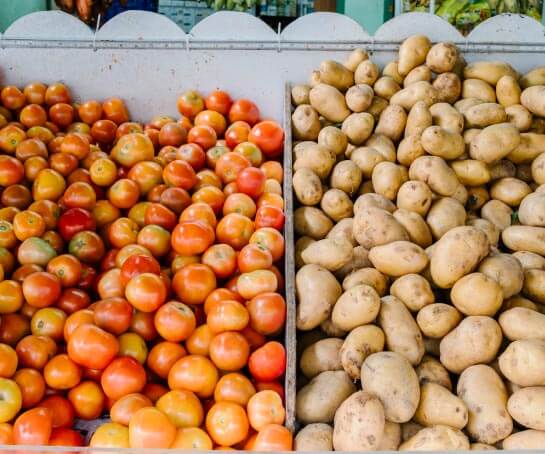
Our Farmhouse Projects
Farmhouse close to Chennai
Paalaar Valley is a serene and visually stunning farmhouse project located just a 45-minute driving distance away from Chennai. The 35-acre gated community is surrounded by hillocks on three sides, creating a breathtaking and awe-inspiring backdrop for a farmhouse. This natural setting not only adds to the beauty but also ensures privacy and seclusion for its occupants.
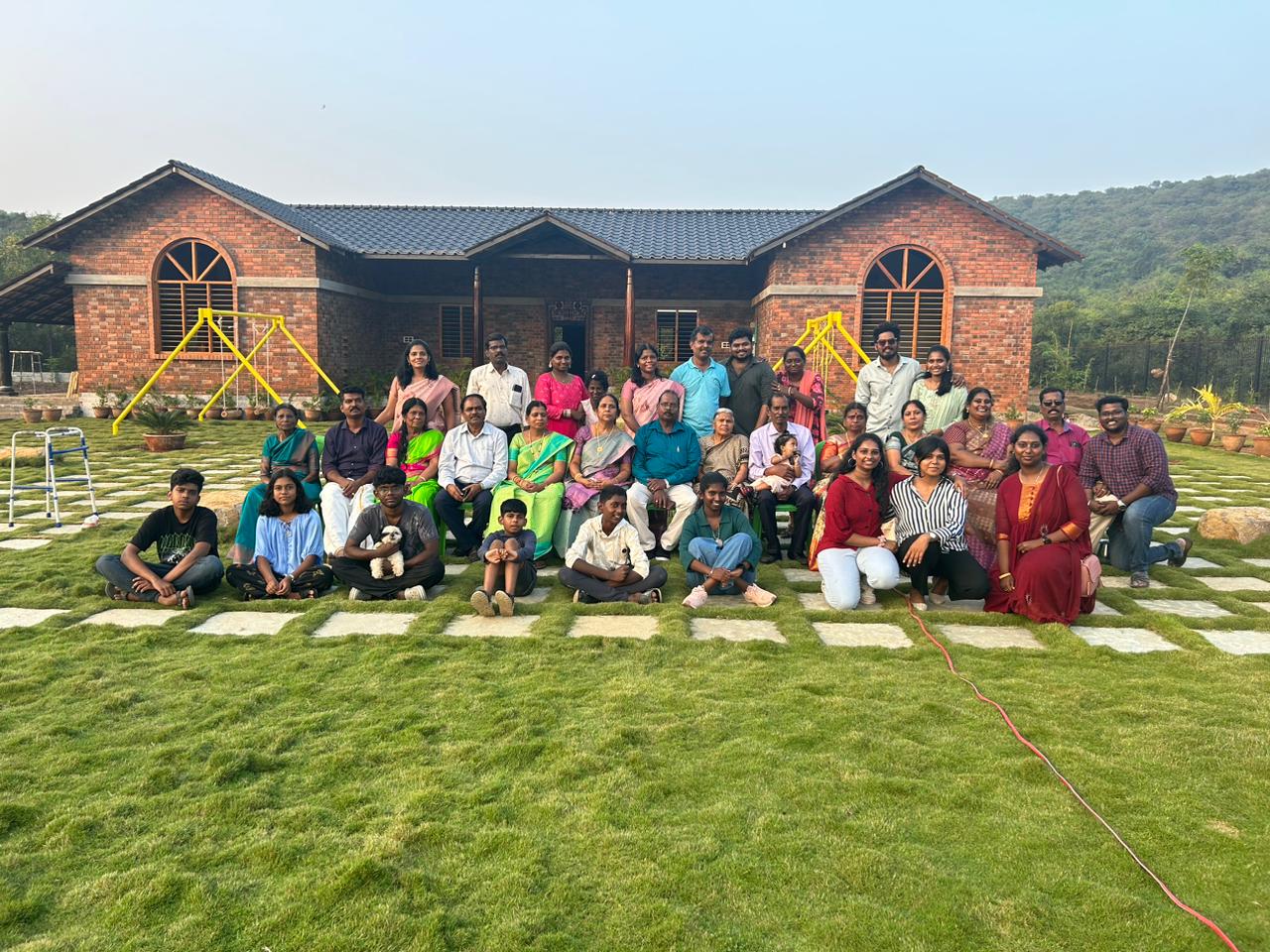
Farmhouse off ECR
Paalaar Sangamam – a site for your dream farmhouse near the breathtaking East Coast Road. Located in the town jurisdiction of Cheyyur off ECR, Paalaar Sangamam is just 2 kilometers away from the main market and bus terminus, has an excellent sandy loamy soil and a good water table.

Farmhouse plot for Rs 60/- per SFT.
Ammu Farms is a perfect location for individuals interested in setting up various types of farms, such as dairy farms, goat farms, poultry farms, or integrated farms, as commercial enterprises. Additionally, it may also appeal to those who desire to own or develop a large farmhouse on a large plot.
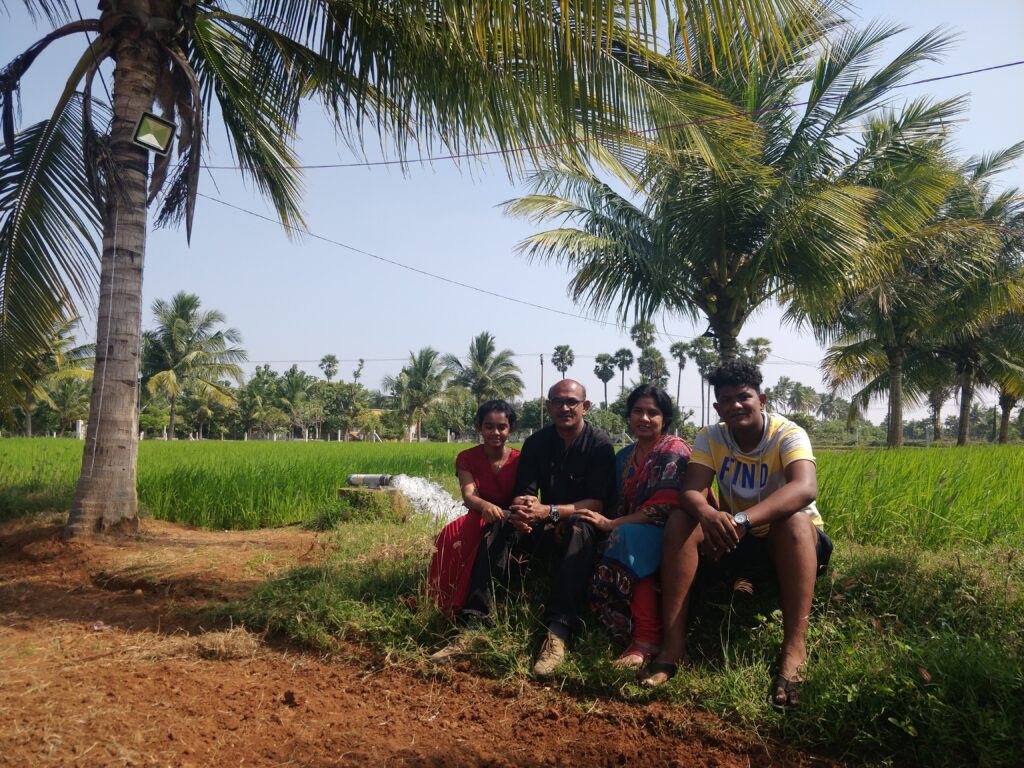
Farmhouse near Chengalpattu
Paalaar Greens Phase 2 is located diagonally opposite Chengalpattu and 13 Kms from Mahindra World City. Being located in the vicinity of Paalaar river, the site has abundant groundwater and is ideally suited to set up a farmhouse off GST road.

Farmhouse in Kodaikanal
If you are someone who wishes to own a large plot comprising of a winding sloped driveway leading to a beautiful guesthouse surrounded by trees, complete with a campfire and barbeque set up, in the cool and misty ambience of a hill station, then Paalaar Heights is your ultimate destination

Cows & Goats
Your Cow - Our Farm
Experience Pure, Unadulterated Milk Delivered to Your Doorstep – Own a Cow with Our Exclusive Milk Sharing Initiative!”
Indulge in the delight of wholesome, unadulterated milk right at your doorstep through our unique initiative. Simply own a cow, and we’ll take care of it with utmost dedication on our farm, ensuring its well-being and health. Under our milk sharing arrangement, you’ll enjoy the benefits of owning a cow without the hassle, and in return, relish the pure goodness of its milk.
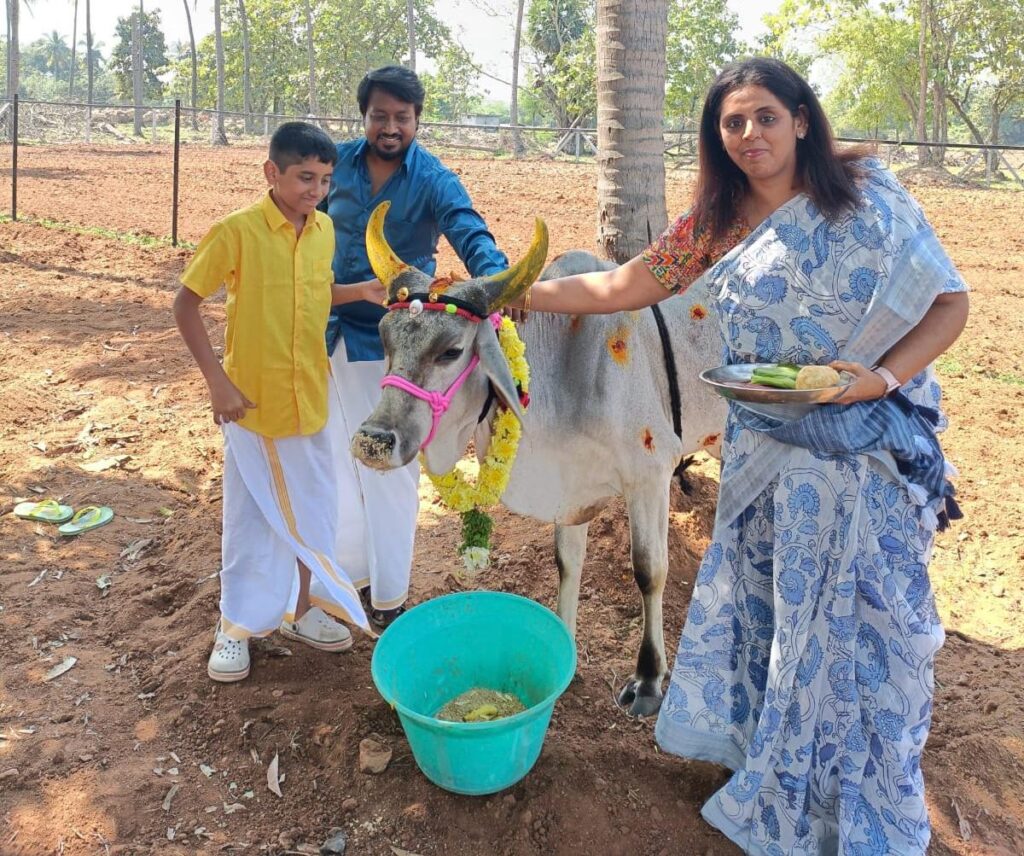
Your Goat - Our Farm
Get into goat farming and gain goat-rearing experience with minimal investment, Paalaar Urban Farms has brought out the concept of Your goat – Our farm. Those interested in getting into goat farming can buy some goats and entrust them to our farm to start with. We will maintain your goats for a monthly fee. In the process, goat owners can get the platform to learn the techniques and challenges involved in goat farming.
